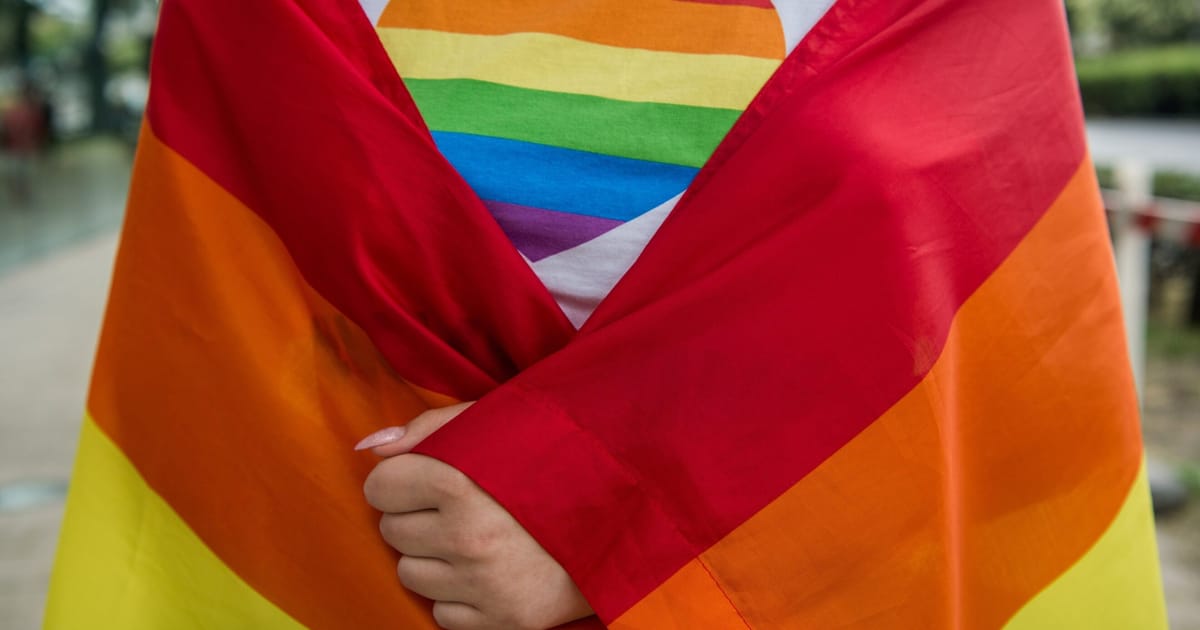

In a demonstration of unity and resilience, tens of thousands gathered in Budapest to celebrate Pride amidst governmental restrictions, marking a significant moment for the LGBTQ+ community in Hungary and beyond. The event was propelled by a spirited call to action from the city’s mayor, who encouraged citizens to “come calmly and boldly to stand together for freedom, dignity, and equal rights.” This peaceful march, despite a ban from the Hungarian government, unfolded with vibrant displays of solidarity and support, emphasizing the participants’ unwavering commitment to their cause.
The controversy surrounding Budapest Pride stems from a broader political context within the country, where Prime Minister Viktor Orbán’s administration has been accused of restricting democratic freedoms. The ban on the Pride march is seen by many as part of a larger effort to curtail civil liberties ahead of upcoming elections. In this environment, the European Commission has faced criticism for what some officials in Spain describe as “complicity” in not taking stronger actions against Hungary’s measures.
The peaceful gathering, characterized by a sea of rainbow flags and empowering signage, took place despite warnings from the government about potential “legal consequences” for participants. This did not deter the assembled crowds, who remained steadfast in their resolve to express their identity and advocate for equal rights. The march progressed slowly but surely, embodying the peaceful and determined spirit of those who defied the ban.
The situation in Hungary has drawn attention from across Europe, with various governments and organizations expressing concern over the actions of Hungary’s leaders. Spanish officials, in particular, have called upon the European Commission to adopt a firmer stance in addressing Hungary’s actions, urging for a more robust defense of democratic values and minority rights within the EU.
This tension between Hungary and other European nations highlights the ongoing struggle to balance national sovereignty with the collective values of the European Union. Issues such as freedom of assembly and expression remain central to these discussions, as member states navigate the complexities of union-wide solidarity in the face of divergent political landscapes.
Amidst this political backdrop, the pride celebrations in Budapest serve as an emblematic reminder of the power of community and peaceful protest. The event has drawn international acclaim for its impact and message, underscoring the significance of collective action in advocating for rights and freedoms. Participants and supporters around the world watched as Budapest became a focal point for discussions about human rights, LGBTQ+ equality, and democratic principles in the region.
In addition to local voices, the international community has also played a role in drawing attention to the situation in Hungary. Various rights organizations and political figures have reiterated their support for the Budapest Pride participants, emphasizing the global nature of the struggle for equal rights and the importance of maintaining vigilance against attempts to undermine democracy and freedom.
As the dust settles on this year’s Pride event, the echoes of its impact continue to resonate not just within Hungary, but throughout Europe and globally. It has become a catalyst for renewed discussions on how best to protect and promote the rights of marginalized communities against the backdrop of shifting political dynamics. The message of this peaceful march is clear: in unity, there is strength, and in peaceful resistance, hope for a more inclusive future emerges.
Looking forward, it remains to be seen how the European Union will respond to the challenges posed by member states with differing political agendas. However, the solidarity displayed in Budapest sets a powerful precedent for unity, resilience, and the ever-present hope for progress towards a more equitable society.
Source: {link}
